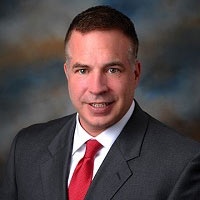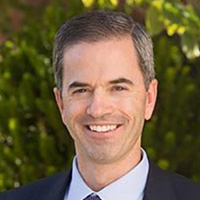Maricopa Juvenile Law Lawyer, Arizona
Sponsored Law Firm
-
 x
x

Click For More Info:
-
The Schill Law Group
8700 E VÃa de Ventura #210, Scottsdale, AZ 85258» view mapCriminal Defense, DUI-DWI Criminal Lawyer
Have you been arrested for a crime? Criminal charges can have a negative effect on your reputation and future before you are convicted. Contact The Schill Law Group
480-525-8900
Jeremy S. Geigle
✓ VERIFIEDCriminal, Felony, White Collar Crime, Juvenile Law, Misdemeanor
Jeremy earned his undergraduate degree from the Marriott School of Management at Brigham Young University in 1998. He then attended Pepperdine Univers... (more)
FREE CONSULTATION
CONTACTFREE CONSULTATION
CONTACTJamie R Ramirez
Wills & Probate, Employment Contracts, Juvenile Law, Criminal
Status: In Good Standing Licensed: 11 Years
Curtis Stephen Slatina
Juvenile Law, Criminal, Indians & Native Populations, Native People
Status: In Good Standing Licensed: 22 Years
Paul D Green
Commercial Real Estate, Dispute Resolution, Juvenile Law, Elder Law
Status: In Good Standing Licensed: 19 Years
Michael A Urbano
Juvenile Law, Other, Family Law, Criminal
Status: In Good Standing Licensed: 20 Years
Melanie E. Beauchamp
Juvenile Law, DUI-DWI, Criminal, Accident & Injury
Status: In Good Standing Licensed: 33 Years
FREE CONSULTATION
CONTACT
 John Schill Phoenix, AZ
John Schill Phoenix, AZ AboutJohn Schill
AboutJohn Schill Practice AreasServices
Practice AreasServices

